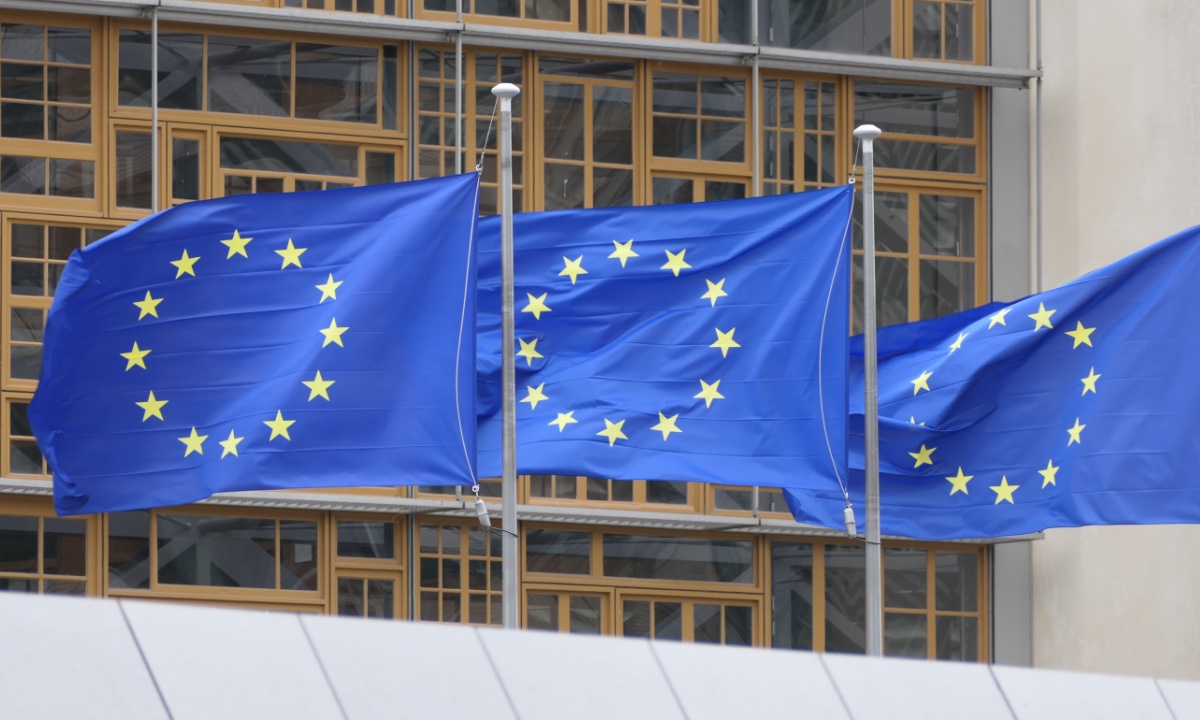
The European Union’s incoming antitrust chief, Teresa Ribera, has called for a significant revamp of the bloc’s merger regulations to foster the growth of European companies that can stand up to global giants. According to Bloomberg, Ribera emphasized that the EU’s competition policy must adapt to support the competitiveness of domestic firms, positioning them to rival major corporations from the U.S. and China.
In written responses published Wednesday, Ribera explained to EU lawmakers that the current merger enforcement framework should be adjusted to better reflect the needs of the European economy. “My aim is to ensure that merger control gives the right weight to the EU economy’s needs and reflects overall policy objectives and market realities,” she noted. Her stance aligns with broader EU efforts to promote the rise of European industrial champions capable of competing on the global stage.
Ribera, who is currently Spain’s minister for the ecological transition, is set to face a confirmation hearing before the European Parliament on November 12. If confirmed, she will succeed Margrethe Vestager as executive vice president overseeing competition policy. Vestager earned a reputation for aggressively targeting large U.S. tech firms, and it seems Ribera intends to maintain this approach.
Read more: New Commission Mandate: Why “Modernize” Competition Policy in Europe?
Per Bloomberg, Ribera made it clear that major Silicon Valley companies like Apple, Google (a subsidiary of Alphabet Inc.), Amazon, Meta, and Microsoft would continue to face robust enforcement under the EU’s Digital Markets Act (DMA). The act imposes stringent regulations on the operations of these tech giants, with penalties reaching up to 10% of global annual revenue, or 20% for repeat offenses. Both Apple and Meta have already been warned to adjust their services in line with the DMA or risk facing significant fines.
Ribera’s focus on merger rules is part of a wider shift in the EU’s approach to competition, aiming to not only regulate but also to empower European firms in the global marketplace.
Source: Bloomberg
Featured News
PBMs Push Back Against FTC, Filing Lawsuit Over Regulatory Actions
Nov 21, 2024 by
CPI
Amazon Faces Legal Setback in Antitrust Lawsuit Over Pricing Practices
Nov 21, 2024 by
CPI
Google Allegedly Encouraged Evidence Destruction to Dodge Antitrust Scrutiny: Report
Nov 20, 2024 by
CPI
Veteran DOJ Prosecutor Joins Farella Braun + Martel as Partner
Nov 20, 2024 by
CPI
DuckDuckGo Urges EU to Expand Google Probes Over Compliance Issues
Nov 20, 2024 by
CPI
Antitrust Mix by CPI
Antitrust Chronicle® – Remedies Revisited
Oct 30, 2024 by
CPI
Fixing the Fix: Updating Policy on Merger Remedies
Oct 30, 2024 by
CPI
Methodology Matters: The 2017 FTC Remedies Study
Oct 30, 2024 by
CPI
U.S. v. AT&T: Five Lessons for Vertical Merger Enforcement
Oct 30, 2024 by
CPI
The Search for Antitrust Remedies in Tech Leads Beyond Antitrust
Oct 30, 2024 by
CPI